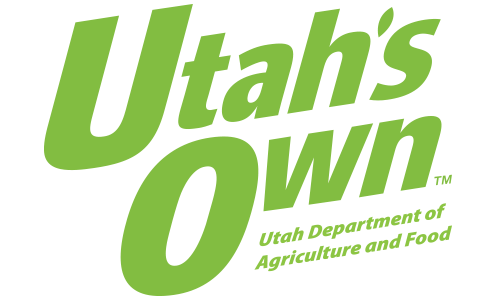Agricultural Funding Updates and Opportunities
SBA PPP Loan Forgiveness Rules
by Dr. Ruby Ward, Utah State University
The Coronavirus Aid, Relief and Economic Security (CARES) Act provided funds for the Small Business Administrations (SBA) Paycheck Protection Program (PPP) loans with additional appropriations that came from the Paycheck Protection Program and Healthcare Enhancement Act. The PPP loan could be applied for through many SBA approved local lenders and would provide funds to eligible employers for payroll and some non-payroll purposes. If the borrower met specified criteria there is an opportunity for the borrower to apply for the loan to be forgiven.
Under the original legislation and guidelines, for loans to be eligible for possible forgiveness 75% of the loan amount was to be used for payroll with other allowed use for interest on mortgages, utilities, and rent. In June, the Paycheck Protection Flexibility (PPPF) Act modified several of the loan terms. The PPPF extended loan terms from 2 to 5 years, required only 60% of loan proceeds to be used for payroll, and extended the period that the funds could be used to 24 weeks or December 31, 2020 (whichever comes first). The PPPF also modified the requirements for an employer maintaining their employees by allowing for issues such as employees turning down an offer to return to work, an employer not being able to find a replacement, or the business becoming unable to return to the same level of activity due to CDC, HHS, OSHA, or state requirements.
Provisions for the self-employed were eventually released through guidance from the Department of the Treasury and the SBA. The guidance finally provided the rules for self-employed individuals to qualify for a PPP loan and the rules for self-employed individuals to follow for loan forgiveness eligibility on their self-employed income.
Although guidance has been released on how to determine the amount of self-employed income that can be recovered through the use of PPP loan funds and still remain eligible for forgiveness, concern exists on the reasonings of the limitations that have been put in place on that amount.
Concern remains due to potential contradictions between the CARES Act (and its intent) and Department of Treasury guidance. The Cares Act indicates that any forgiveness of PPP loan funds would not be considered taxable, but Department of Treasury guidance states that any previously tax-deductible expenses that may have been paid with PPP forgiven loan funds will not be considered to be tax-deductible.
SBA Interim Final Rules, released within the last week, indicate that rent or lease payments to a related party (including themselves) may be included in loan forgiveness but only up to the amount of the interest payment on a mortgage for the property being used for the payment. It also states that interest on mortgages to a related party would not be considered eligible for forgiveness.
This information is for educational purposes only. Please consult a tax professional for your unique situation.
UDAF Funding:
Applications are open through January 1, 2021 for the UDAF Relief Grant. This program, in association with funding from the CARES Act and Utah S.B. 3006, provides grants of up to $40,000 to Utah food and fiber producers who have suffered losses due to COVID-19. Visit ag.utah.gov/relief-grant for additional information and to apply. Contact Loan Specialist Roberta Valdez at roberavaldez@utah.gov for additional funding opportunities available through UDAF.
